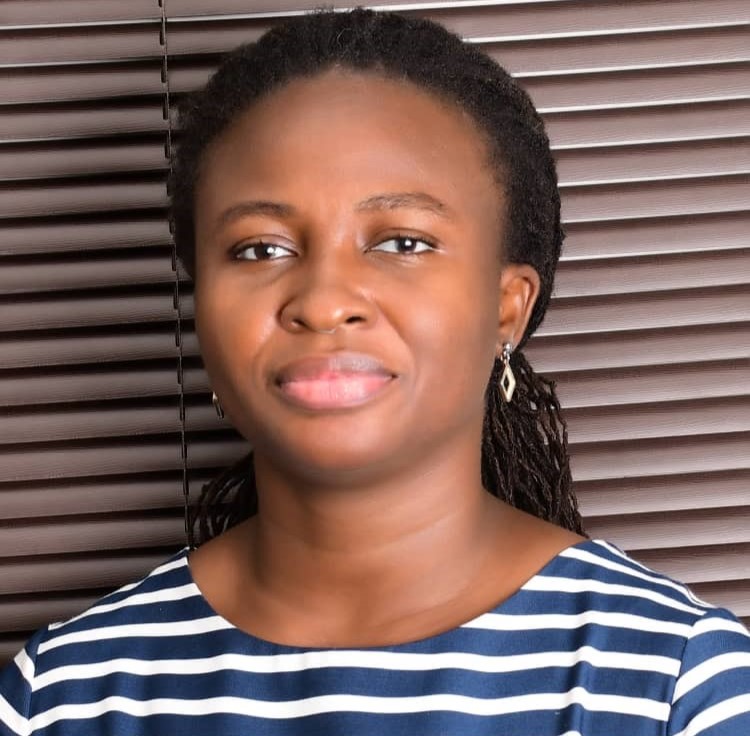Opinion: Ghana and Africa’s Readiness for Precision Oncology

Dr. Edwina Ayaaba Ayabilah
February 26, 2021
Precision oncology offers great promise for improving patient outcomes and reducing cancer burden mainly due to its focus on developing individualized cancer treatments based on a patient’s genetic profile. However, assessing Ghana and Africa’s readiness for precision oncology requires considering the prevailing cancer burden in the region. It also requires considering the efforts to address it.
Cancer Burden in Ghana and Africa: Cancer is a significant health challenge in Africa, including Ghana. According to the World Health Organization (WHO), cancer is one of the leading causes of mortality in the region, with an increasing incidence. It is estimated that by 2030, new cancer cases in Africa will rise to 1.5 million per year, with a projected increase in cancer-related deaths.
Limited Resources and Healthcare Infrastructure: Ghana, like many African countries, faces limitations in healthcare infrastructure and resources. Limited access to cancer screening, diagnostic services, and treatment facilities poses a considerable challenge. The scarcity of comprehensive cancer centers equipped with advanced technologies and expertise in precision oncology further hampers the implementation of personalized cancer care.
In precision oncology, genetic testing is of critical importance in identifying specific genetic alterations in tumors that can then be targeted by specific therapies, which is crucial for the development of personalized treatment plans. However, access to genetic testing services in Africa, including Ghana, remains limited. Research has shown that there is a lower availability of comprehensive genetic testing services in low-resource settings as compared to high-income countries. This limitation underscores the need to strengthen genetic testing infrastructure and increase access to these services.
Diversity in Genomic Data: Precision oncology relies on comprehensive genomic databases that encompass diverse populations. However, African populations are underrepresented in global genomic databases. The result is an inability to fully understand how genetic alterations may affect a patient’s cancer treatment outcome, thus leading to gaps in information about this. This lack of diverse genomic data hampers precision oncology application in African populations. Efforts should be made to increase genomic data collection in Africa. This is to ensure that precision oncology strategies are relevant to African genetic makeup.
Healthcare Workforce Training and Capacity Building: Precision oncology requires a well-trained healthcare workforce equipped with the necessary skills to interpret and utilize genomic information effectively. In Ghana and other African countries, there is a need for specialized training programs to develop a skilled workforce comprising oncologists, pathologists, genetic counselors, and other healthcare professionals. Capacity building initiatives and collaborations with international organizations can address this need.
Socioeconomic Factors and Health Inequities: Socioeconomic factors, including access to healthcare, affordability of treatments, and health literacy levels, significantly influence Ghana and Africa’s readiness for precision oncology. Cancer outcomes are negatively impacted by limited access to quality healthcare services, financial constraints, and low health literacy. Addressing these socioeconomic factors through policy interventions, health insurance coverage, public awareness campaigns, and partnerships with international organizations is crucial for achieving equitable access to precision oncology.
In conclusion, Ghana and Africa face significant challenges in precision oncology. The burden of cancer, limited healthcare resources, the need for expanded genetic testing services, diverse genomic data representation, healthcare workforce training, and socioeconomic factors all impact the readiness for precision oncology in the region. However, efforts are being made to address these challenges through research collaborations, capacity building, and policy initiatives. By addressing these issues and fostering partnerships, Ghana and Africa can enhance their readiness for precision oncology. This will improve cancer care and outcomes for their populations.